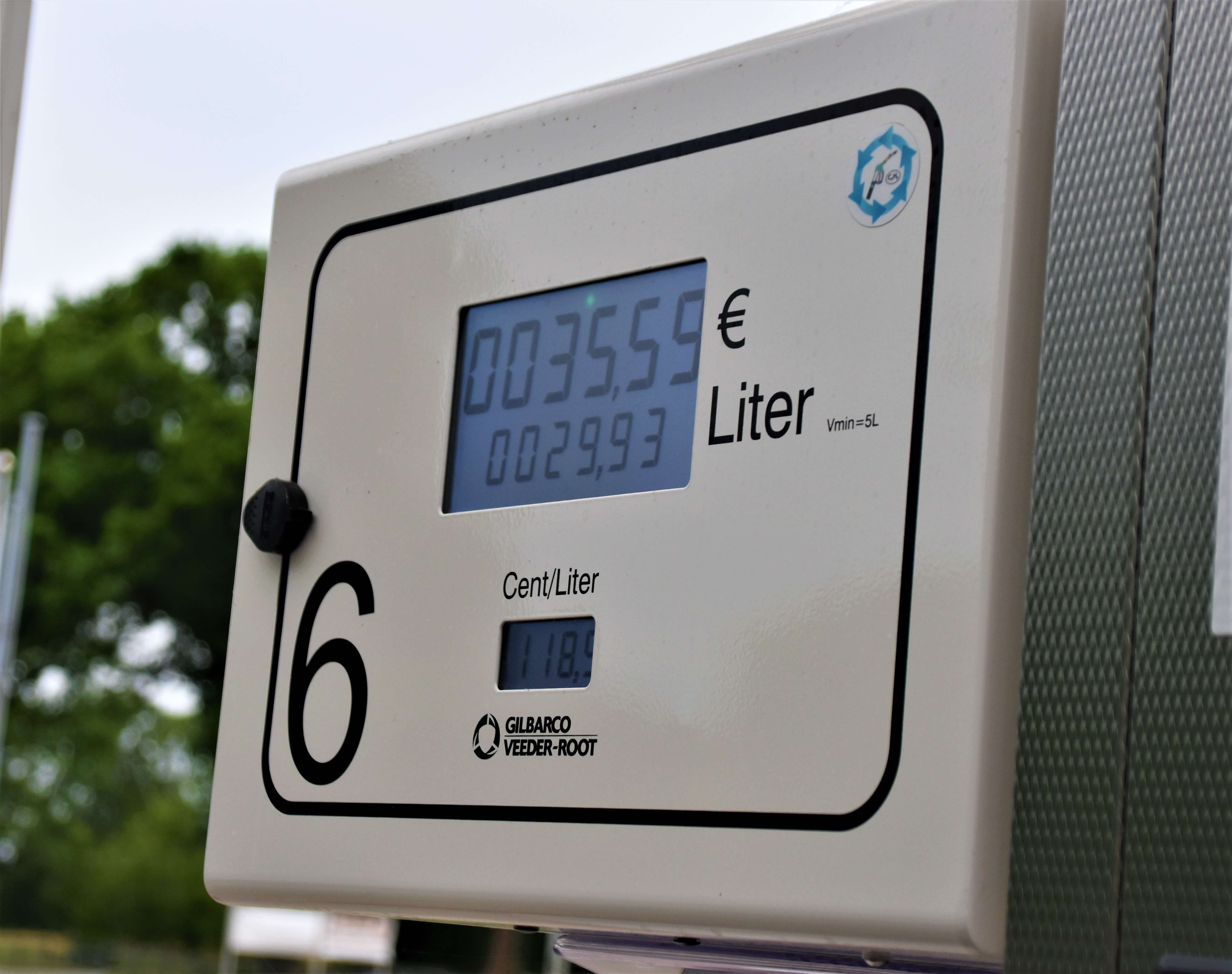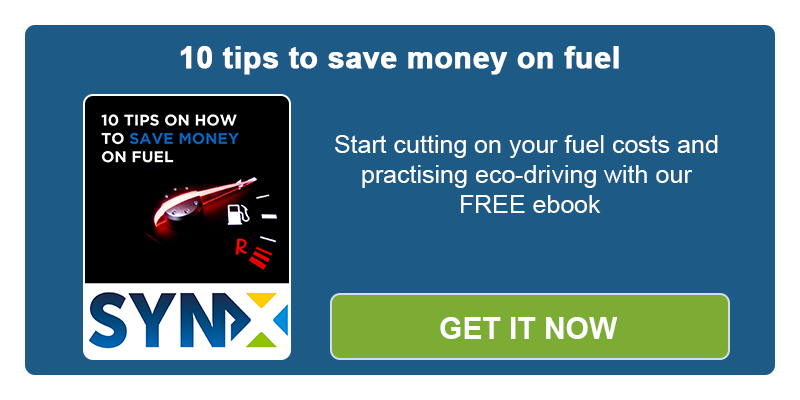
Regardless of where you live or the type of car you drive, you could always squeeze some more mileage from each tank of fuel you fill. The improvement of just one or two kilometers per liter of fuel can really make a difference.
It is worth considering how your efforts to save fuel will benefit the planet and future generations. As you know, CO2 emissions from automobiles play a significant role in increasing the global temperate. Climate change has adversely affected many places around the planet and several of its effects are irreversible.
Following are 5 fuel saving tips that can help you get the maximum out of your fuel tank. Not only will you save money but you will also reduce the emission of CO2 into the environment. Each of these tips will slightly increase the mileage of your car and all these savings when added together will make a substantial difference. It will also make you a lot safer while driving.
1 - Slow down
One of the most efficient and easiest ways for saving fuel is reducing speed. Your car burns more fuel when you drive fast. For example, driving at 80km/h can double fuel consumption when compared with driving at 40km/h. However, too low or too high speed can both cause high fuel consumption.
Fuel consumption is lowest when driving between 45km/h and 75km/h. Moreover, as a driver, you will have more control over your car and reduce the chance of accidents while driving within this speed range.
2 - Change your driving style
Fuel consumption can be greatly reduced by accelerating the car gradually and by changing the gear very smoothly. By anticipating the stops, you can avoid applying sudden brakes. This can also be done by taking a long view of the road and coasting safely to where you see the traffic stopped. By driving aggressively and applying brakes suddenly, you will burn 20% more fuel. By having safe driving conduct, you will save fuel.
When thinking of saving fuel, make sure your driving is smooth. Switching the car off when idle will also greatly help. Your car keeps burning fuel as long as it’s on. So turn the engine off when you pause from driving. Changing your driving style for saving fuel is not just about driving smoother, but it is also about all the little things you can do to reduce fuel consumption, like switching the car off when not in use.
3 - Use the highest possible gear
All cars are designed to start at the lowest gear, as that’s where you get the most power for acceleration, but driving at the highest gear will increase fuel economy.
Fuel consumption will increase when you stay long at lower gears. Driving slow at the highest gear will also increase fuel consumption. Use the highest possible gear when it’s safe to do so, and don’t stay at lower gears for long.
4 - Selective cruise control
You can use cruise control to maintain a steady speed while driving downhill or on flat roads. This will also help in saving fuel. Using cruise control when driving uphill will cause your car to speed up, resulting in higher fuel consumption.
5 - Use air-conditioning selectively
Air conditions are an added burden for your car’s engine and it increases fuel consumption. You can save at least 4% of fuel by not using the air conditioner. Try avoiding the air conditioner when the temperature outside allows you to do so, especially in the winters. Opening the air vents or windows when driving at low speeds will allow a fresh breeze to enter your car and you will feel a lot comfortable.
The tips mentioned above should help you in saving fuel. If you would like to add or need more information on this topic, please leave a comment below and we will be happy to discuss other possibilities with you.
Photo by Waldemar Brandt oon Unsplash



